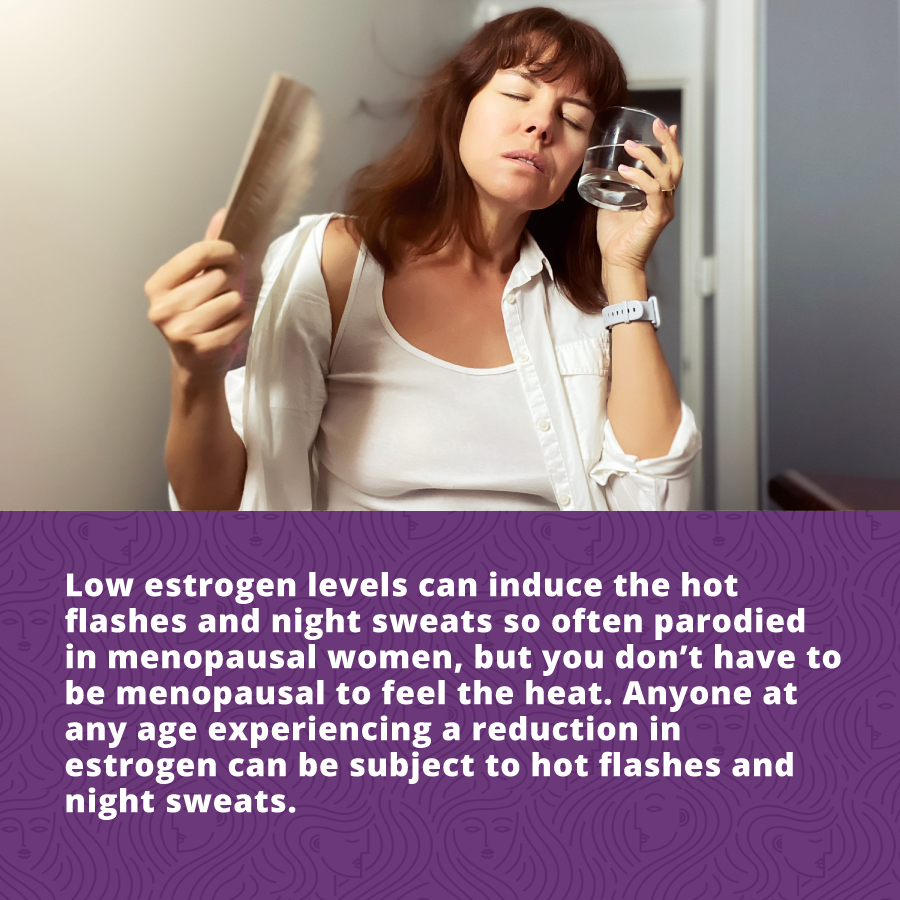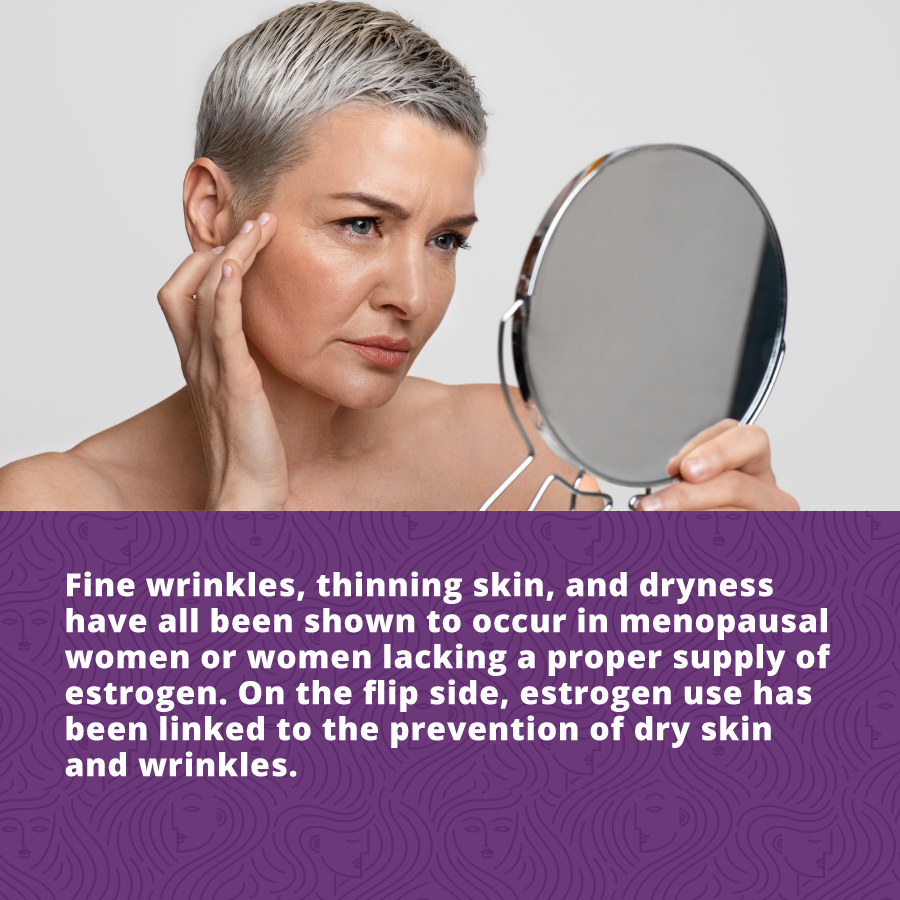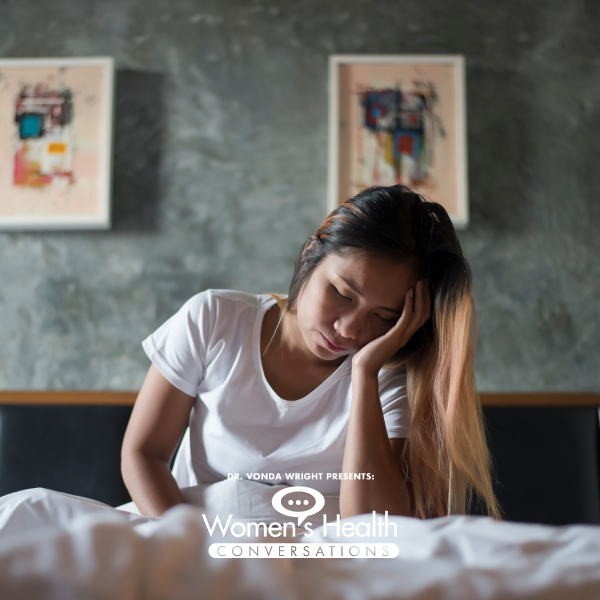What Do Low Estrogen Levels Do to a Woman’s Body?
Could you be feeling the effects of low estrogen without even realizing it? Estrogen, the primary sex hormone in women, is responsible for the secondary sexual characteristics like development of breasts and hips, as well as the regulation of your menstrual cycle. Beyond this, it’s hugely important for a woman’s body; it increases bone formation, helps in protein synthesis, increases good cholesterol, and tones down the bad. It also regulates other hormones, libido, and skin quality. Estrogen sulfates (a form of circulating estrogen) even play an important role in the biological response of estrogens in patients with hormone-dependent mammary (breast) cancer.
Identifying the symptoms of inadequate estrogen and regulating this important hormone can be tricky, but it is oh so important. Here are five ways to gauge the health of your estrogen levels and what to do if you think you may have an estrogen deficiency.
1. Hot Flashes and Night Sweats

Low estrogen levels can induce the hot flashes and night sweats so often parodied in menopausal women, but you don’t have to be menopausal to feel the heat. Anyone at any age experiencing a reduction in estrogen can be subject to hot flashes and night sweats.
Estrogen supplements and patches can help mitigate these uncomfortable flashes. In a study of menopausal women, conjugated equine estrogen and 17β-estradiol, both estrogen supplements, have consistent and comparable effects on the treatment of hot flashes.
2. Mood Swings
Women experiencing low estrogen are prone to mood swings and depression dependent on their hormone levels. Perimenopausal depression occurs in women at the onset of menopause when levels of estrogen are fluctuating with the change in the bodies. High highs and low lows, compounded by interrupted sleep, make the mood swings difficult to deal with. Estrogen replacement can help treat these symptoms, along with patience, sleep, and understanding. Exercise can also help to alleviate menopausal symptoms, including mood swings. One study found that just 50 minutes of exercise four times a week will do the trick!
3. Dry Skin

Low estrogen levels in women, while not completely understood quite yet, have been linked to a number of changes in the skin. Fine wrinkles, thinning skin, and dryness have all been shown to occur in menopausal women or women lacking a proper supply of estrogen.
On the flip side, estrogen use has been linked to the prevention of dry skin and wrinkles. If you want to make sure you look and feel as good as possible as long as possible, keep a close eye on those estrogen levels. A little collagen here and there doesn’t hurt either!
4. Erratic Menstrual Cycles
Estrogen regulates a woman’s menstrual cycle and reproductive health, so it’s only natural that any variances in estrogen levels would impact the regularity of periods. Estrogen may even affect cognition during a woman’s menstrual cycle! Erratic, missing, or unusual periods can be a sign that something is amiss with estrogen levels. It’s also a telltale sign of perimenopause.
Estrogen can be regulated by contraceptive pills, patches, and injections that contain the hormone in women with deficiencies or irregular periods.
5. Decreased Sexual Desire
When it comes to low estrogen, a woman’s libido can take a definite hit. Subpar estrogen levels in menopausal women or women who have had hysterectomies have been linked to hypoactive sexual desire disorder, a sexual dysfunction that’s characterized by a barely there libido. Low estrogen has also been connected to depression. A testosterone patch has been shown to increase sexual desire and improve sexual function in surgically induced menopausal women, though the long term safety of testosterone patches is not yet known.
Your sexual health is just as important as any other aspect of your health, and out of whack estrogen levels can impact more than just libido and sexual characteristics. If you notice any of the symptoms of inadequate estrogen levels, talk to your doctor to determine the cause and explore your options to help you feel your best.
So what can be done? A lot, and at the same time, not much. Declining estrogen is a common part of aging but that doesn’t mean you have to suffer through the side effects. On top of exercise, your diet may be able to influence your estrogen levels as well. Flax seeds, edamame, dried apricot and other fruits, garlic, berries, tofu, broccoli, cauliflower, and vitamin D3 supplements can all help bolster your estrogen levels. Reducing stress and getting plenty of sleep are crucial here too.
Want to learn more about being empowered in your health at any age? You’ve come to the right place! You can follow along with Dr. Vonda Wright and the Women’s Health Conversations Community on Facebook, YouTube, Twitter, Pinterest, and Instagram – whichever floats your boat! Stay tuned!

